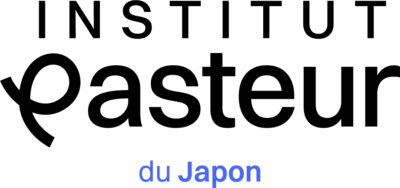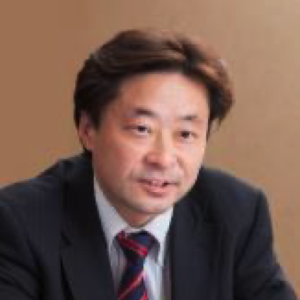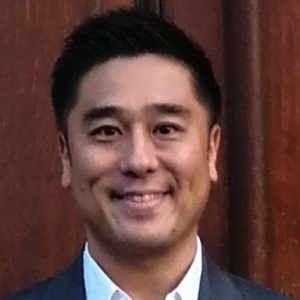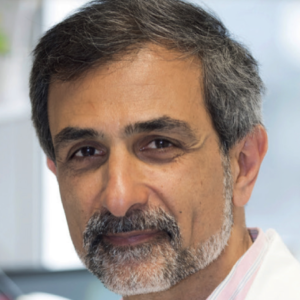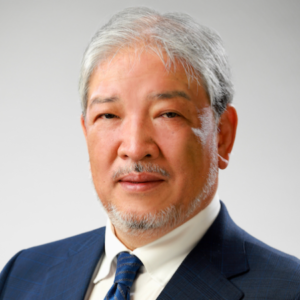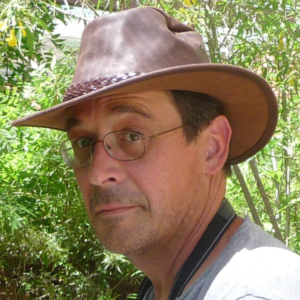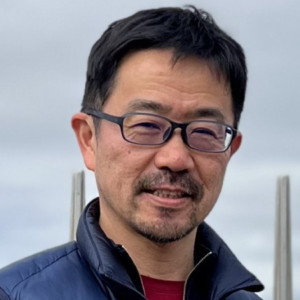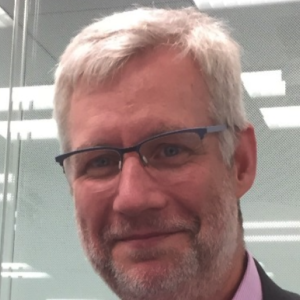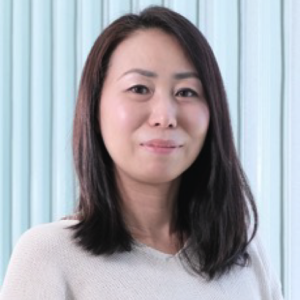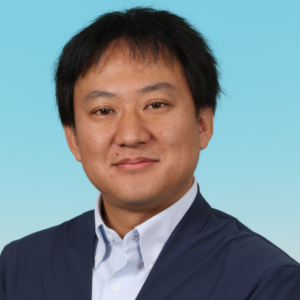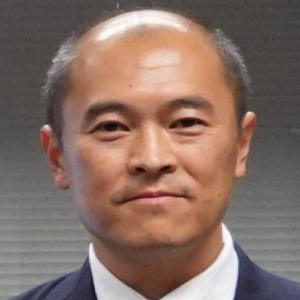Pasteur Japan Scientific Workshop
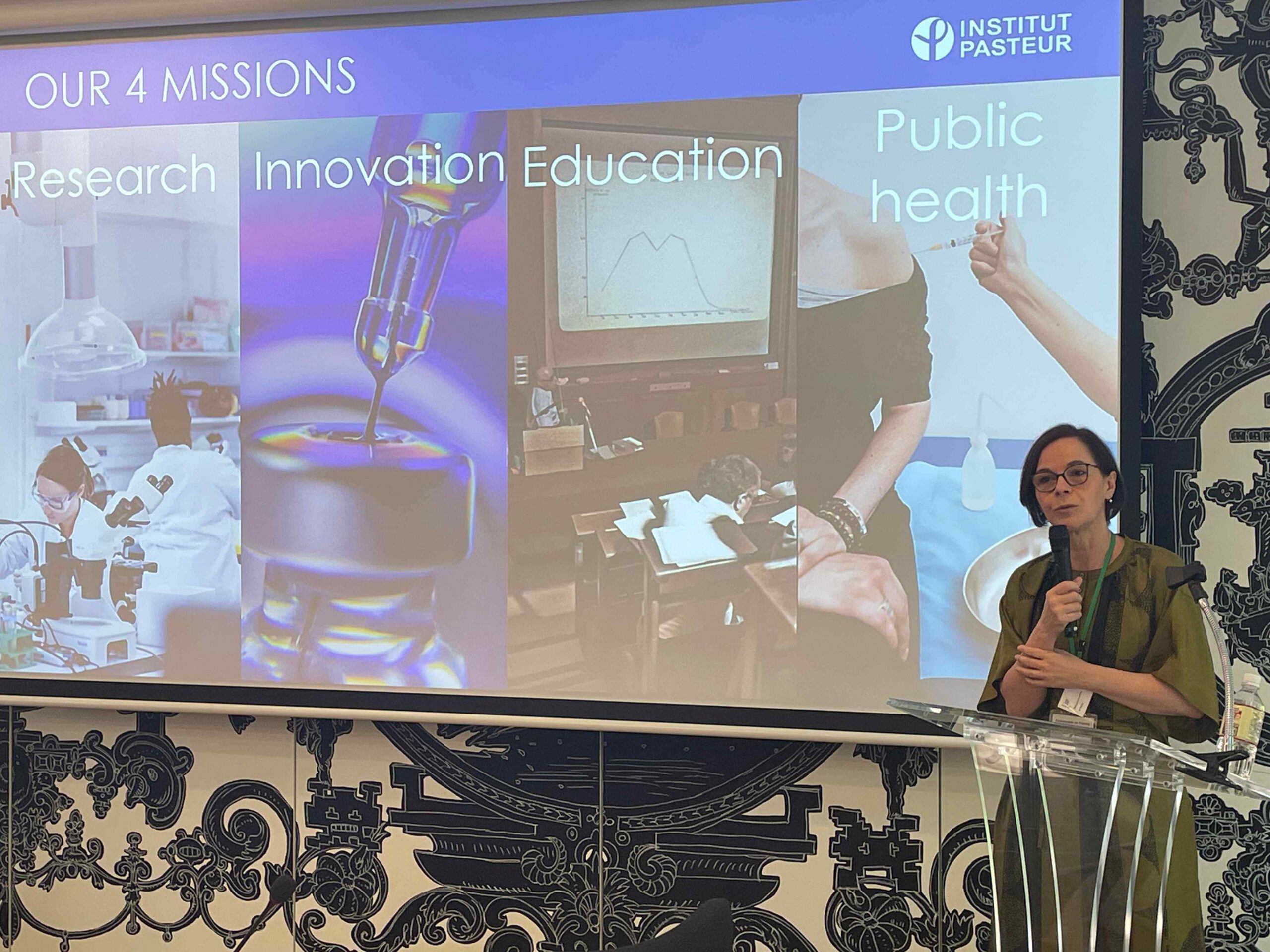
On June 24th, 2024, The Pasteur Japan Scientific Workshop was held at The Atrium of the French Embassy in Tokyo. The objective of the workshop was to discuss the scientific direction and strategy of the Institut Pasteur du Japon with Japanese scientists. The event featured a comprehensive program with leading experts in immunology, vaccine design, emerging infectious diseases, and collaborative research from various universities and institutions.
1. Opening Remarks and Keynote Lecture
The workshop commenced with opening remarks by Dr. Adeline Lassaux (Embassy of France to Japan) and a keynote lecture by the president of Institut Pasteur, Professor Yasmine Belkaid. The session was moderated by Professor James Di Santo (Institut Pasteur). The welcome speech set the tone for the day, emphasizing the importance of international collaboration in advancing scientific research.
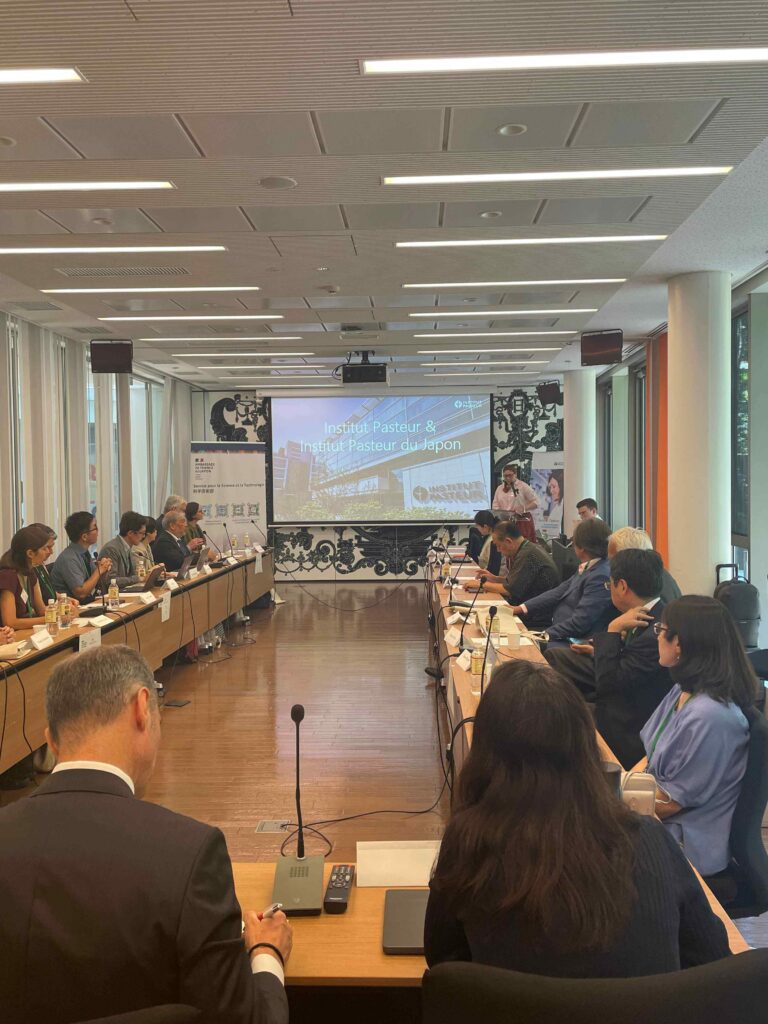
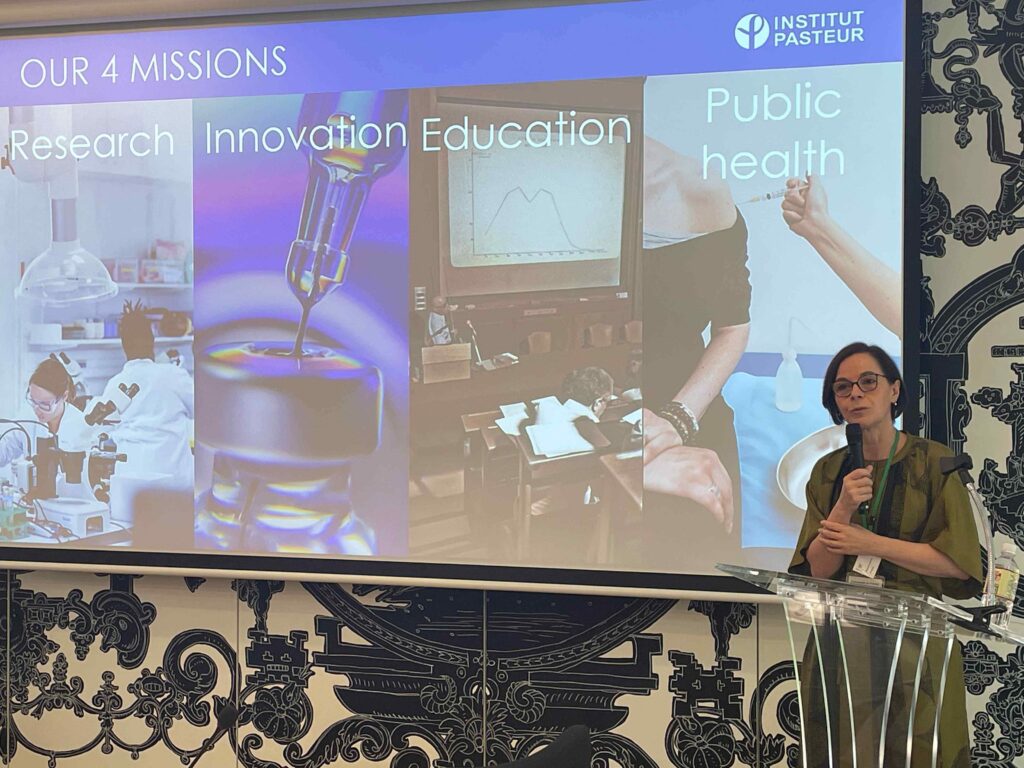
2. Immuno-senescence
The first session, chaired by Professor Fumihiko Matsuda from the Center for Genomic Medicine at Kyoto University, was on immuno-senescence and focused on the aging of the immune system. Professor Yoko Hamazaki (Kyoto University) presented on human T cell aging and the regeneration of thymic function using iPSC technology while Professor Kenji Kabashima (Kyoto University) discussed skin aging using single-cell RNA sequencing.
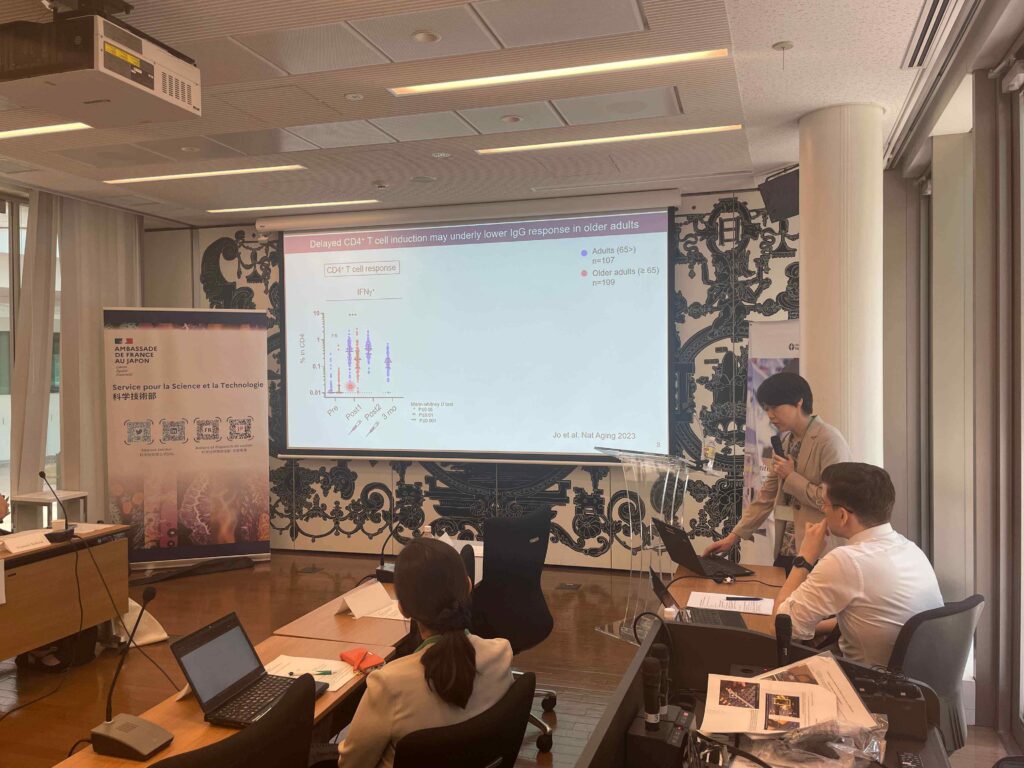
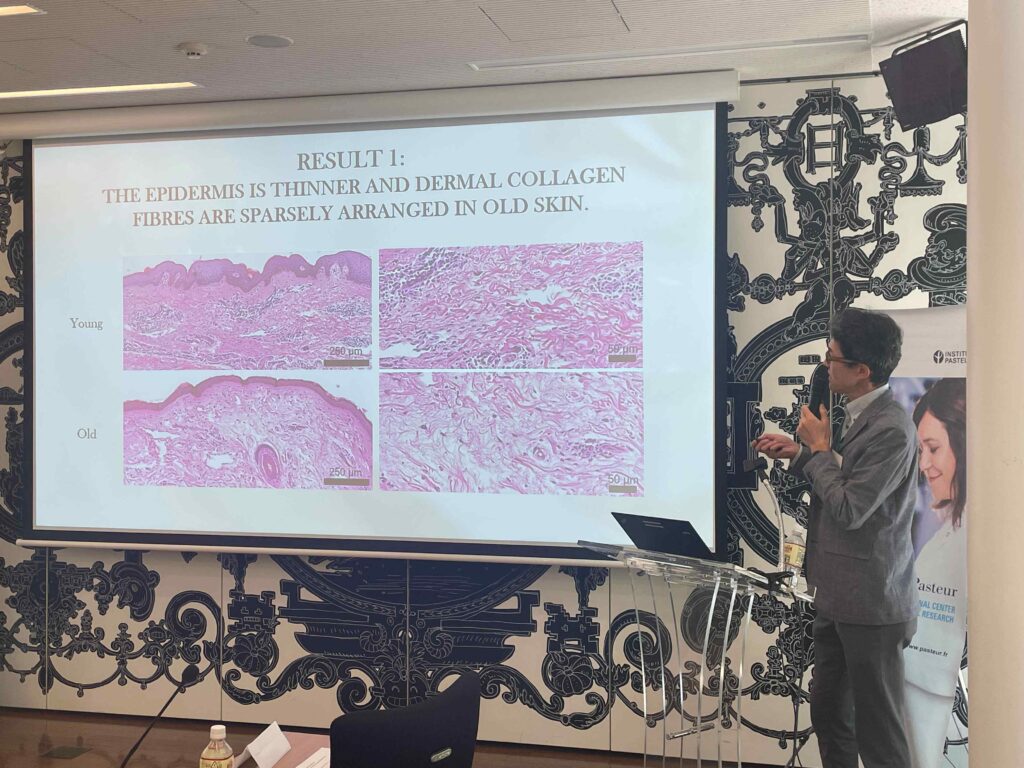
3. Immunology and Vaccine/Drug Design
Chaired by Professor James Di Santo and Professor Ken J. Ishii from the Pasteur International Unit (PIU)* at the Institute of Medical Science at the University of Tokyo (IMSUT), the second session explored current research in immunology and the development of vaccines and drugs. Professor James Di Santo (Institut Pasteur) introduced the AMED-SCARDA UTOPIA project, Professor Cevayir Coban (University of Tokyo) examined host-pathogen interactions at biological barriers, and Dr. Niloufar Kavian (University of Tokyo) analyzed the SARS-CoV-2 antibody landscape in adults and children. To end the session, Dr. Noriko Sorimachi (University of Tokyo) discussed developing a research platform for future pandemics and promoting academic drug discovery, and Professor Ken J. Ishii (University of Tokyo) delved into the science and design of vaccines and adjuvants as nanoparticles.
* The Pasteur International Unit (PIU): https://pasteur.jp/en/piu/
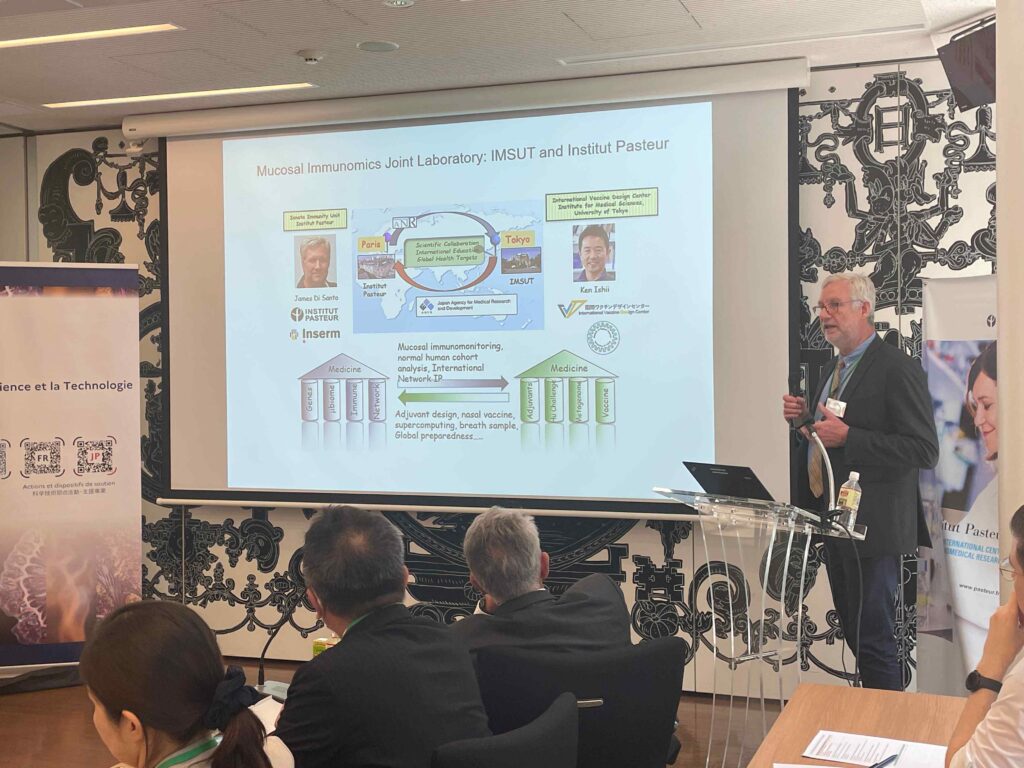
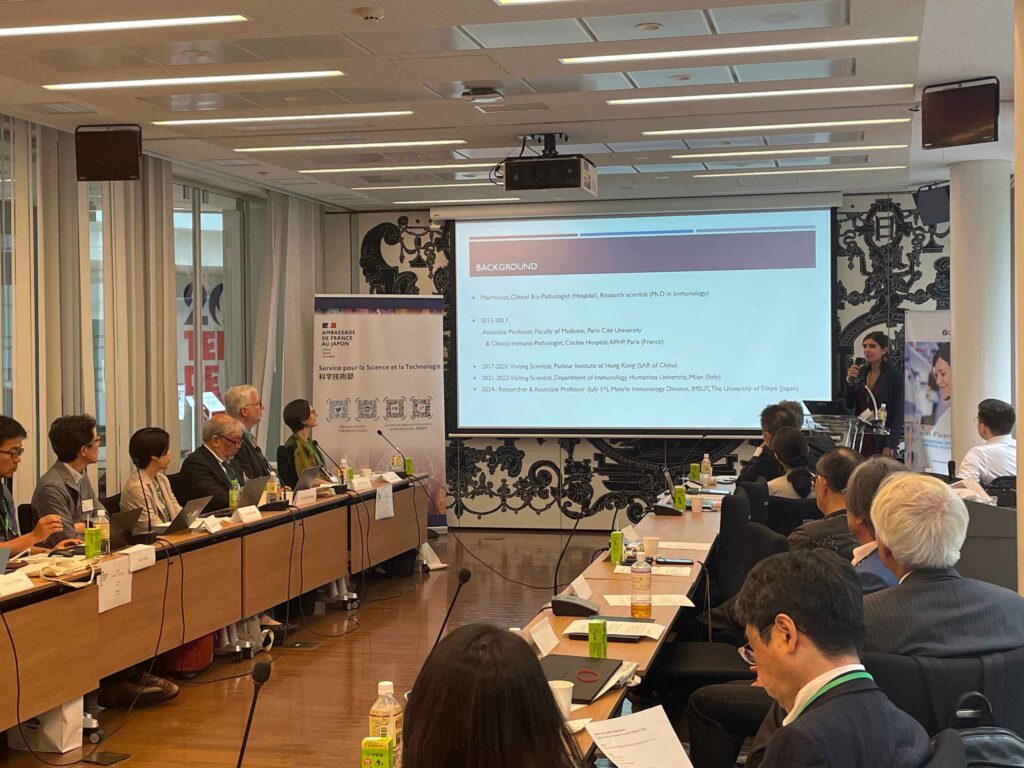
4. Emerging Infectious Diseases
Professor Anavaj Sakuntabhai from the Pasteur International Center for Research on Emerging Infectious Diseases (PICREID) chaired the third session, which focused on preparedness for emerging infectious diseases. Professor Kei Sato from the University of Tokyo presented on the G2P-Japan Consortium and efforts to prepare for future pandemics, Dr. Keita Matsuno (Hokkaido University) shared insights from field research on emerging tick-borne virus infections, and Professor Chiho Watanabe (Nagasaki University) discussed planetary health as a framework for health research.
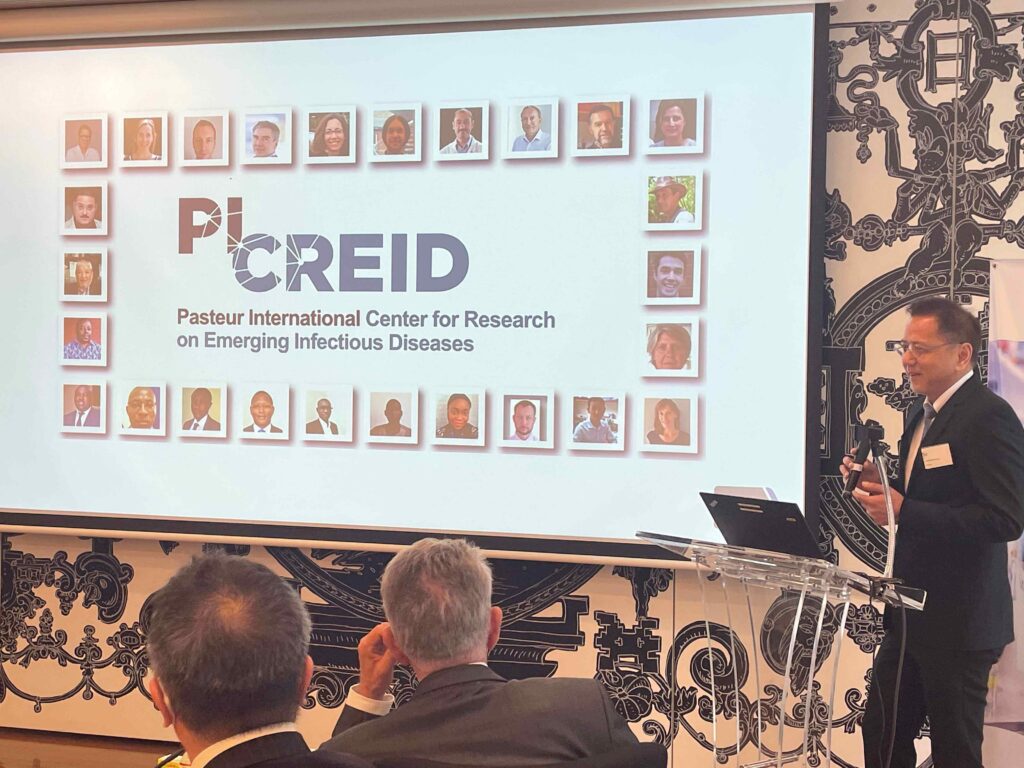
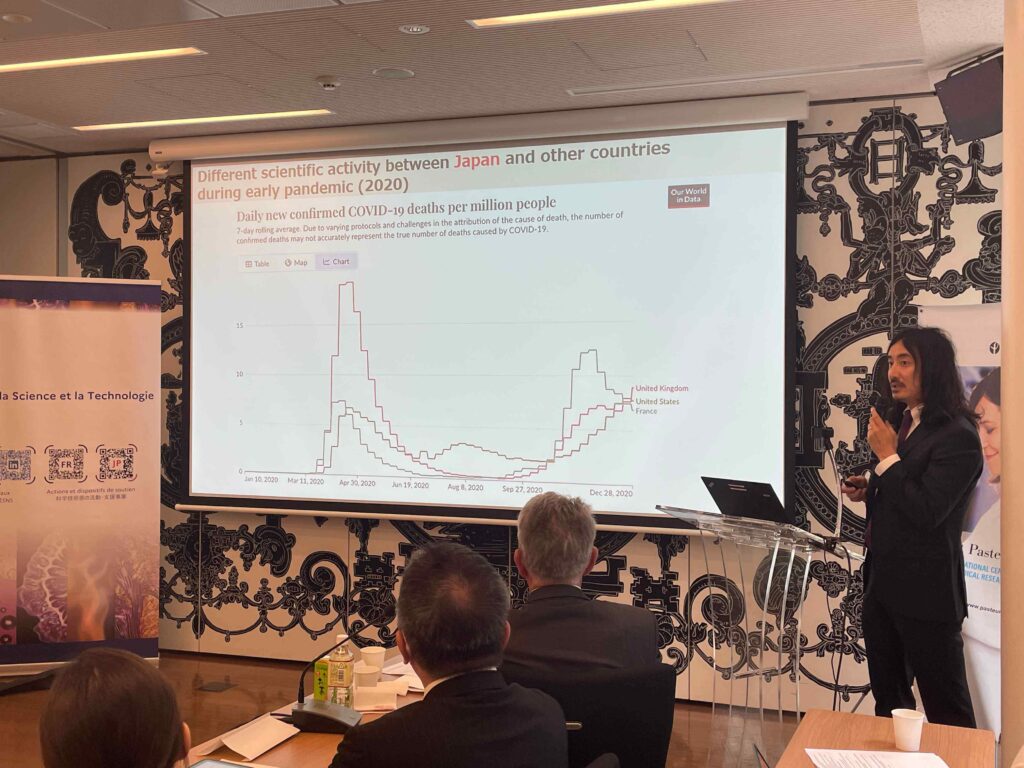
5. Collaboration with the Pasteur Network
Dr. Dimitri Lavillette, Scientific Director at Institut Pasteur Korea, chaired the fourth session focusing on collaborative efforts within the Pasteur Network. Dr. Naoko Satoh-Takayama (RIKEN) explored obesity and type 2 diabetes in New Caledonia through collaboration between RIKEN and the Institut Pasteur, Dr. Ai Kawana-Tachikawa (National Institute of Infectious Diseases; NIID) discussed T-cell immunology for dengue vaccine development in collaboration with the Institut Pasteur Cambodia, Dr. Shigeyuki Kano (National Center for Global Health and Medicine; NCGM) presented on program addressing parasitic diseases in Southeast Asia in collaboration with IP Laos, and Dr. Tetsuro Matano (NIID) highlighted NIID’s commitment towards global control of infectious diseases.
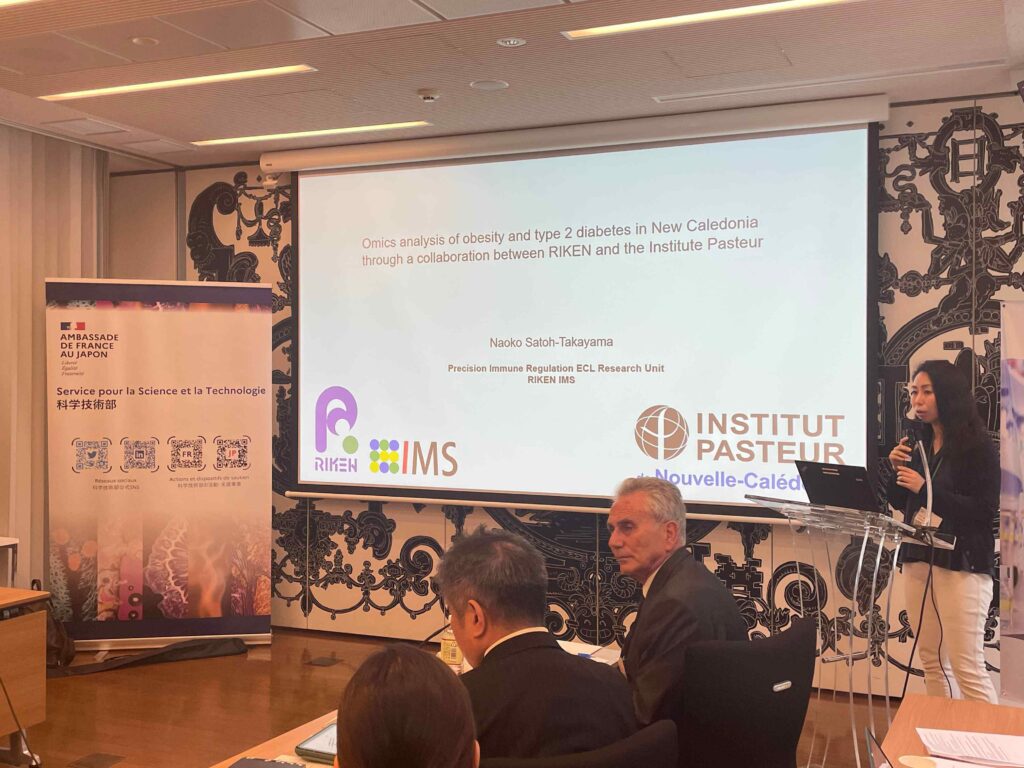
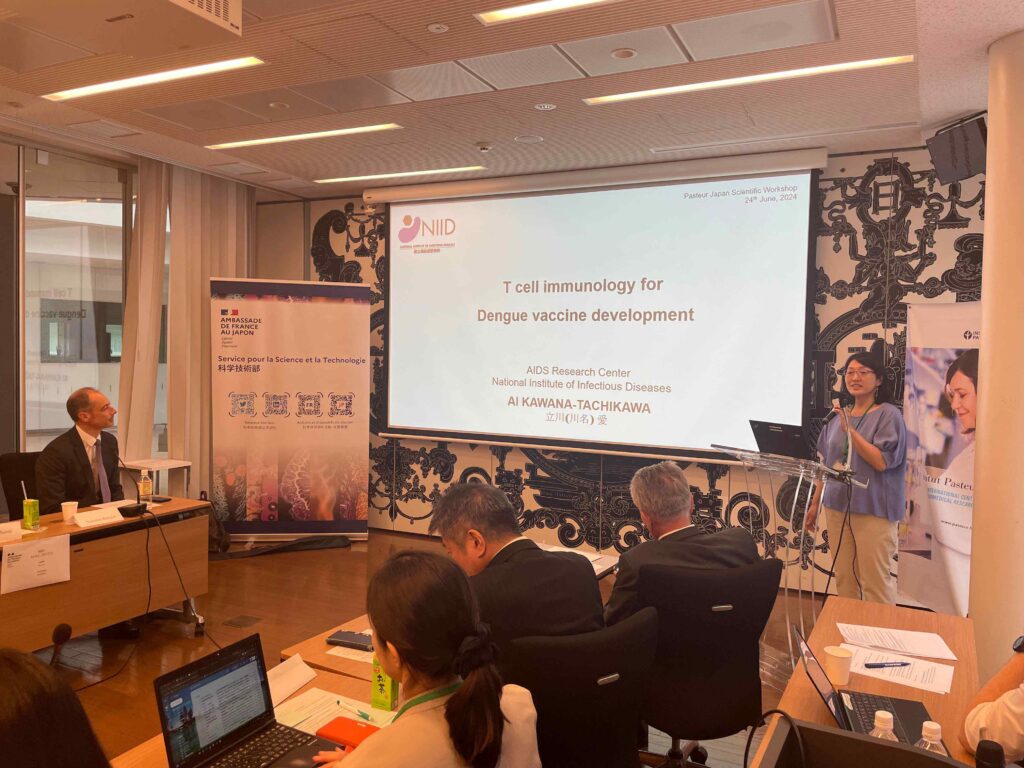
6. PIUs at Kyoto University
The final session, once again chaired by Professor Fumihiko Matsuda, featured insights from the PIUs at Kyoto University. Professor Makoto Yano examined social behaviors and susceptibility to COVID-19, Professor Hideki Ueno analyzed T and B cell responses against COVID-19 variants of concern, Professor Cantas Alev presented on reconstituting human axial development in vitro, and Dr. Mitinori Saitou explored the mechanism of human germ cell development.
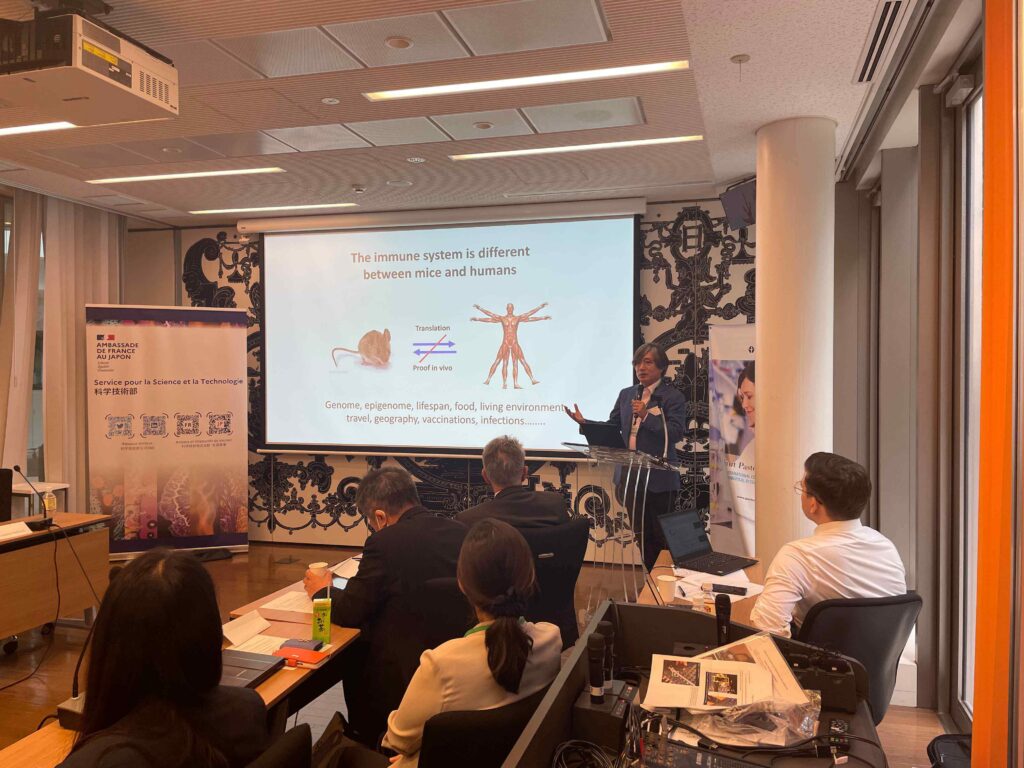
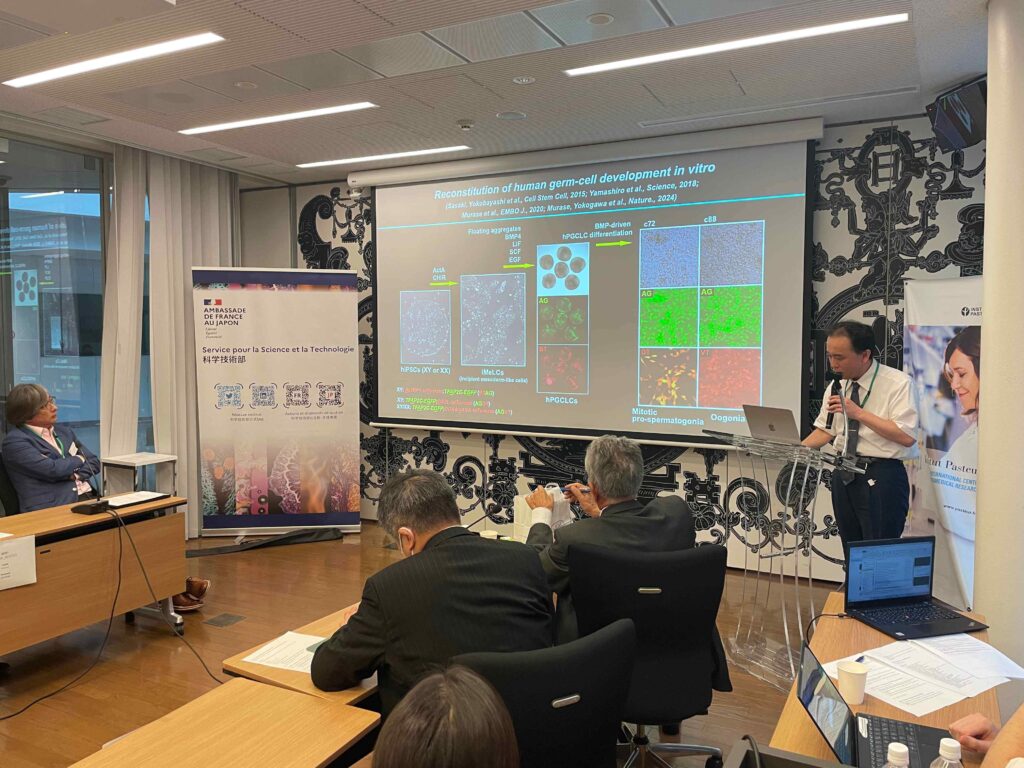
7. Roundtable and Wrap Up
The workshop concluded with a wrap-up speech by the Institut Pasteur’s honorary director general Professor Philippe Kourilsky, summarizing the day’s discussions and highlighting the remarkable advancements and innovative research presented throughout the workshop. With a final note of gratitude to all participants and organizers, the workshop was closed.
